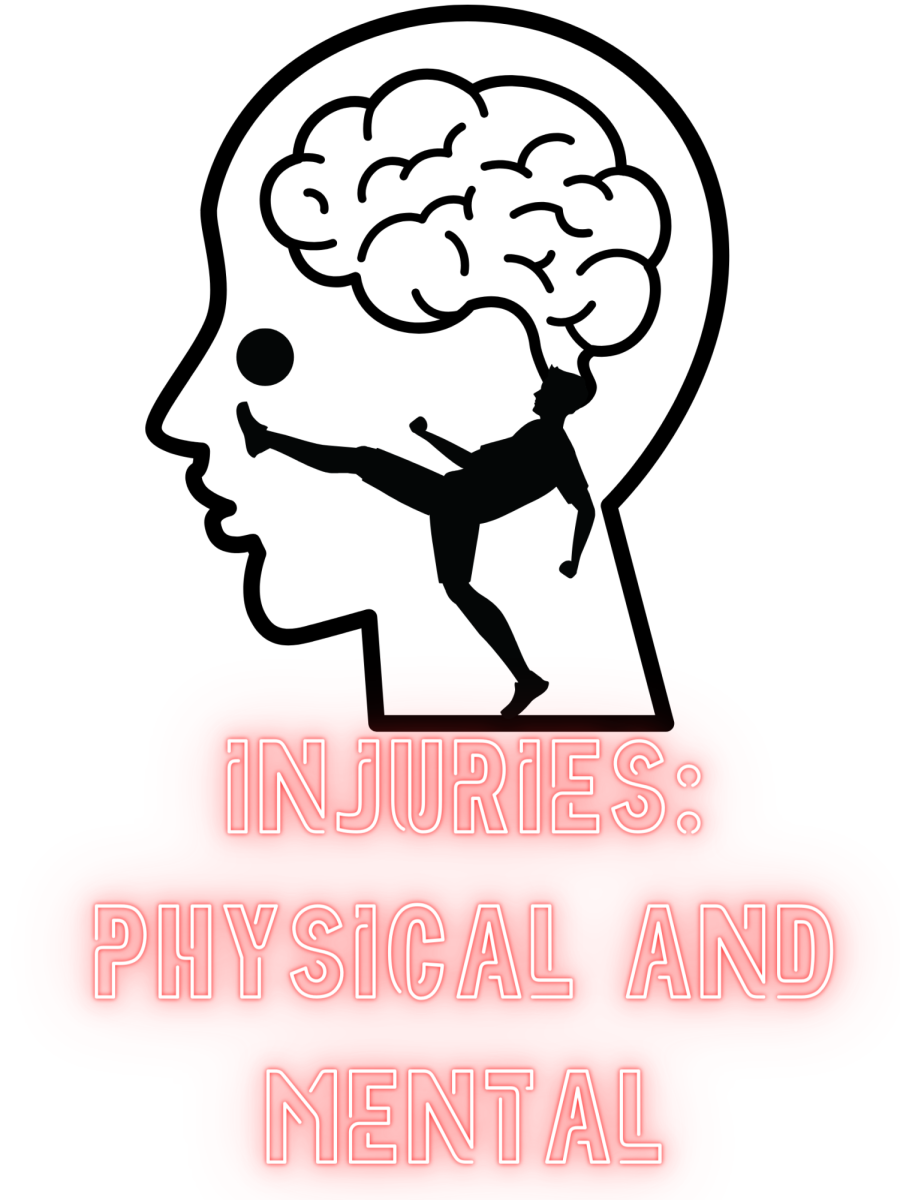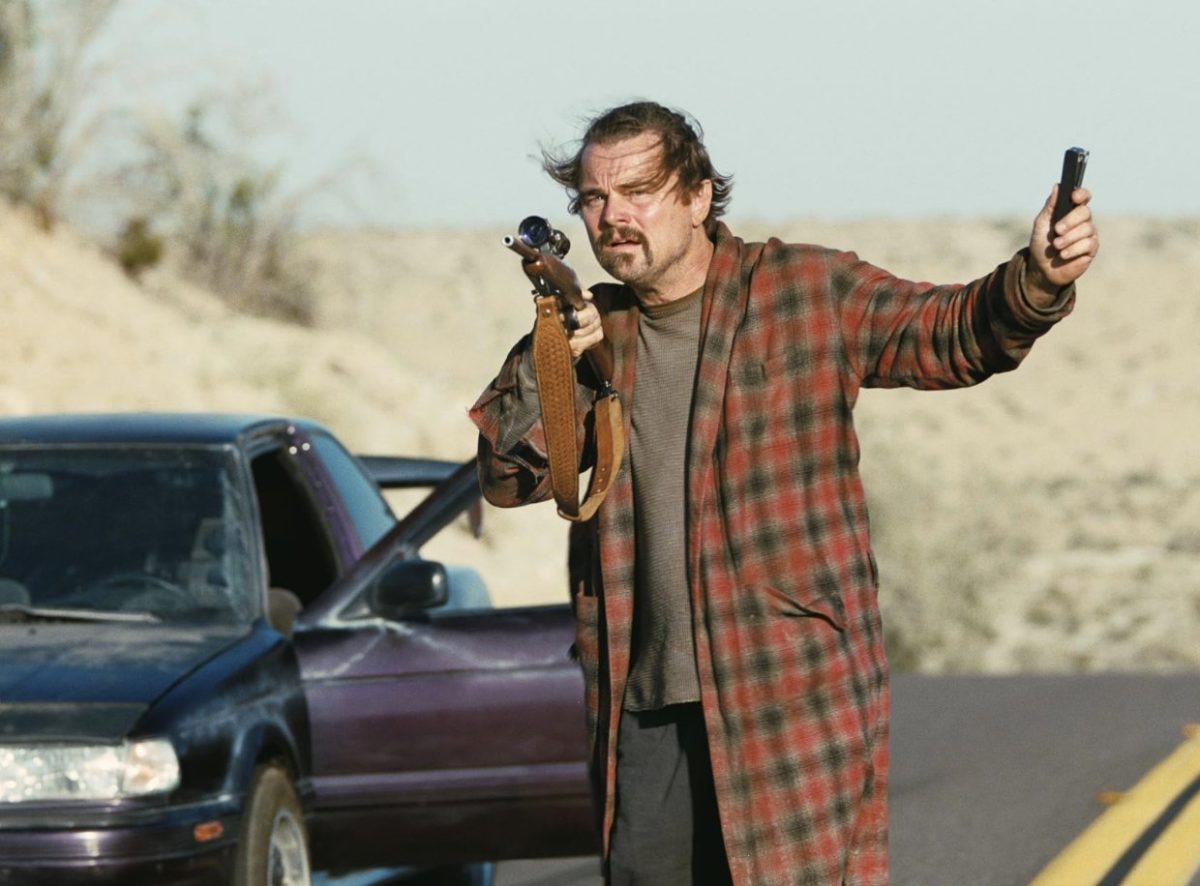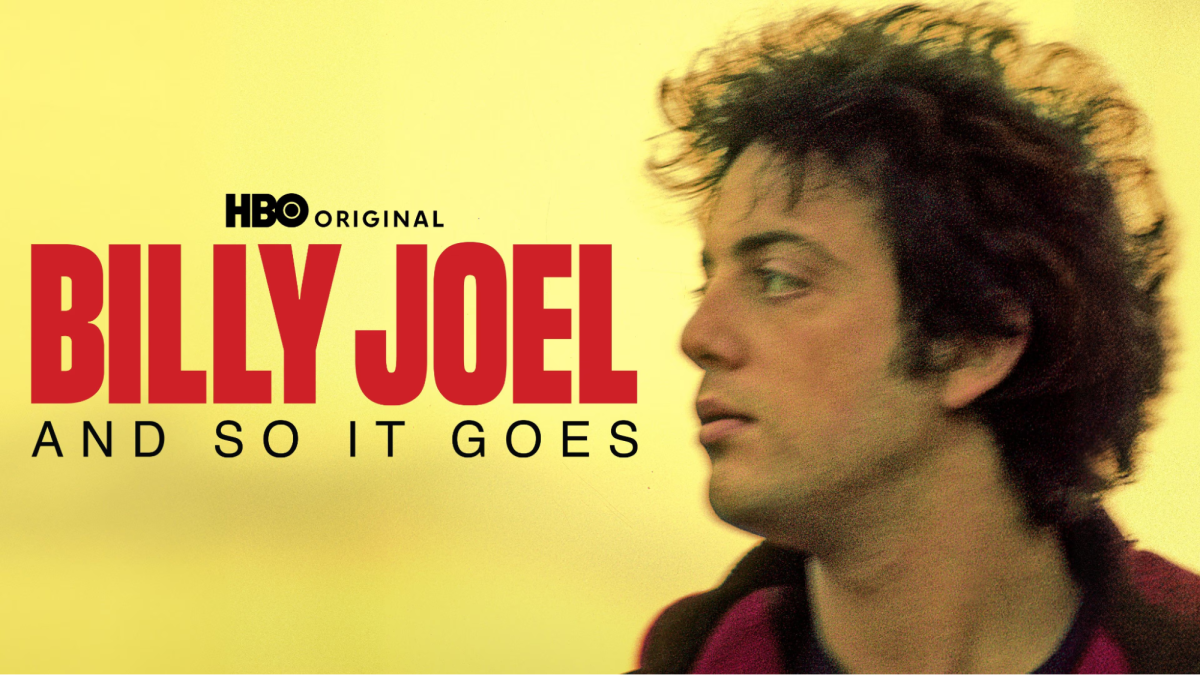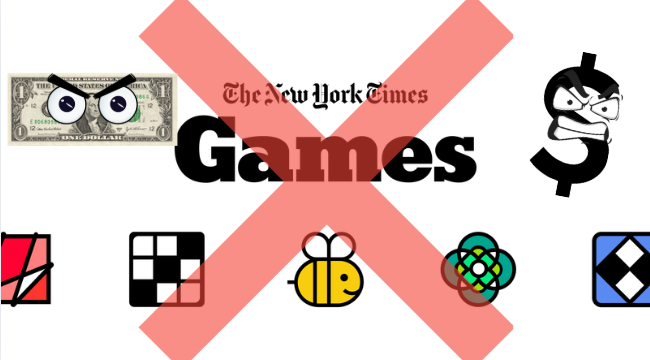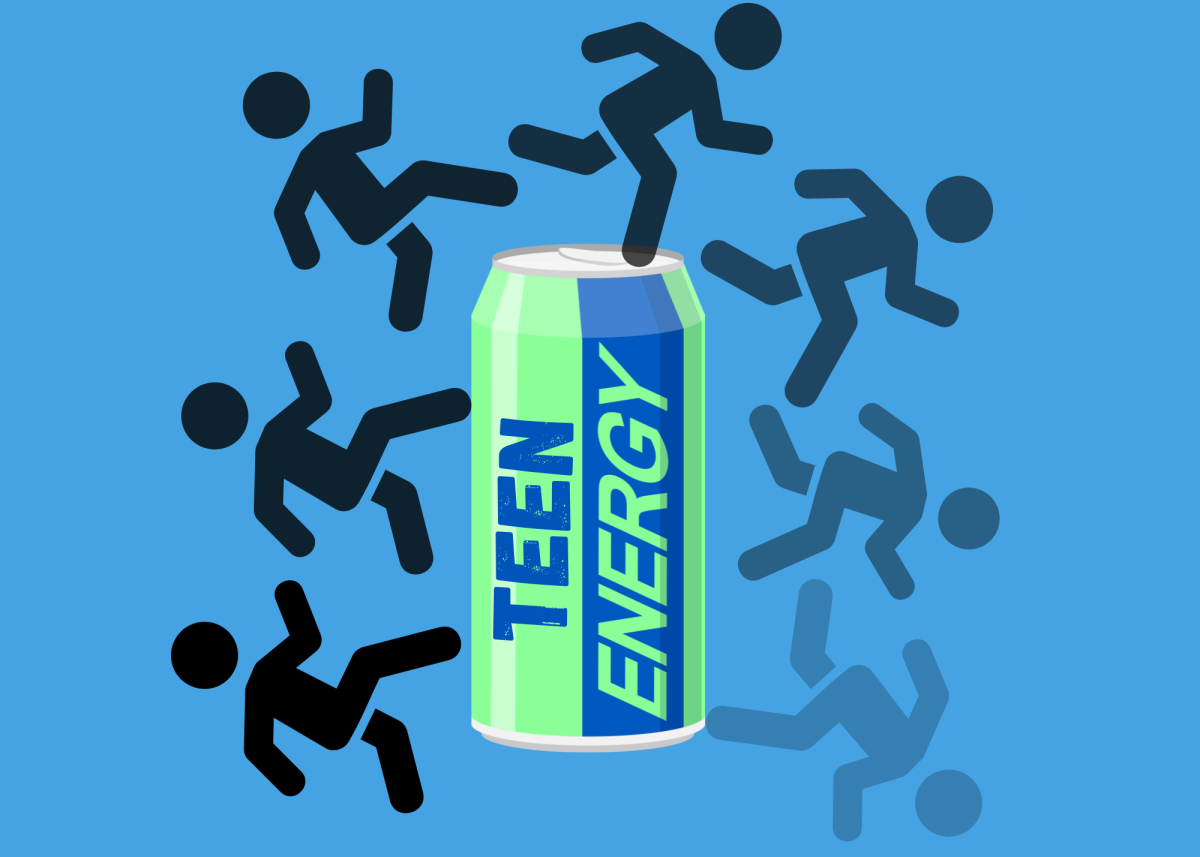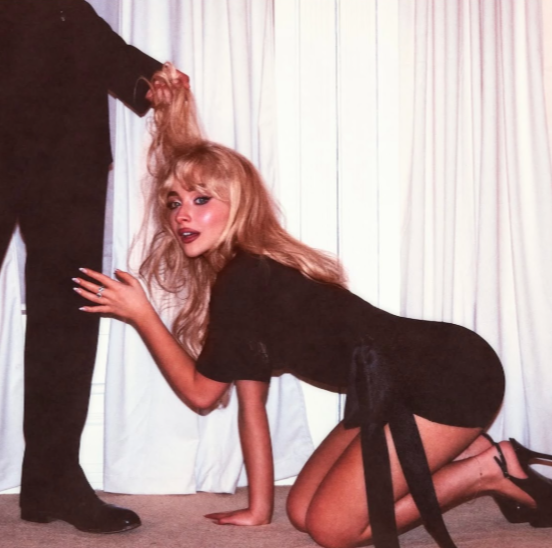One second I was playing the sport I love, and the next I was sitting on the sidelines with a torn ACL, trying to remember what it felt like to feel my heart race with anticipation as the first whistle was blown. I began to wonder if I would ever be the same player I once was or if I would ever feel the same love and passion I felt when I played. This is a reality for many athletes: Long-term injuries are devastating in themselves because of the physical aspect of them, but the mental tax that comes with them can be just as upsetting.
Following my injury, I knew that staying involved in soccer was going to be one of my priorities, in the beginning, it became somewhat strenuous because of my feelings. It took time, but I became aware of those feelings and the impact they were having on my mental health and decided it was time for a positive change in my thinking.
In addition, an injury left me feeling many things: pain, fear, uncertainty, and a mixture of other emotions, all hard to process and deal with. Like many athletes, my sport was an outlet for pent-up emotions. With the loss of soccer that allowed me to release my emotions, I’m left with difficult feelings to cope with. Luckily, I’ve been educated regarding how to healthily process difficult emotions, but for many athletes, this is not the case and can be detrimental, indicating it need to be talked about.
Being an athlete is a part of my identity, if not the majority of it. I often talk about things related to soccer, and most of my friends are involved in soccer one way or another. Soccer took up most of my life, with training sessions almost every day, games often, and many other activities revolving around my sport. With long-term injuries like an ACL rupture, it felt as though I had lost a part of myself. I no longer considered myself an athlete because I was no longer an active participant. Being unable to participate meant I was met with freetime that I felt uncomfortable with, and at the time did not know what to do with. Often, family members and friends tried their best to cheer me up by reminding me how much downtime I now have.
But for me and many others, free time is not what I wanted, but something I now realize scared me because of its tendency to remind me of what I could be doing but am now unable to. My injury had a way of putting everything into perspective, allowing me to realize the only thing I’d like to do is play again, pain-free. It allowed me to understand how grateful I am for the time played and how important my sport is to me. Although I now use those realizations as fuel for recovery, initially, it brought up feelings of envy for teammates still able to play. Unsettling feelings like those were difficult to accept as a player, and for some athletes, this can unfortunately cause their love for their sport to diminish. But when faced with possibly detrimental feelings, it is important for athletes to learn strategies to not only help them keep their love for their sport, but grow it.
There are two main changes I made to my thinking that were paramount in improving my mental health. Firstly, instead of feeling jealousy towards teammates and friends who were still able to play, I actively tried my best to live vicariously through them and feel happy that they were able to participate. Secondly, while watching games, I focused all of my energy into learning from the game, as game time is important, but game knowledge is just as crucial for a well-rounded player.
As an athlete currently going through an injury, I’ve gained an understanding regarding a medium between harnessing negative emotions into more positive outlets and giving myself a well deserved period of grace. I’ve learned how important it is to not allow negative side-effects of an injury to fester and ruin something I love, but rather use them as motivation to recover and become better than I once was. I think it is also important for athletes to process and feel what they feel because at the end of the day, there is no rule saying you must feel happy all the time. It is okay, and normal, to feel sad and disappointed because of your circumstances. Feel those emotions whole heartedly and try your hardest not to allow them to consume you.
If there is one idea I’d like to leave readers with, it would be that it really does get better. Since the beginning of my injury that phrase was the most frequent and honestly, annoying. But as I’ve progressed, I’ve learned how true it is and how important it is to remember for not only me, but athletes alike.


